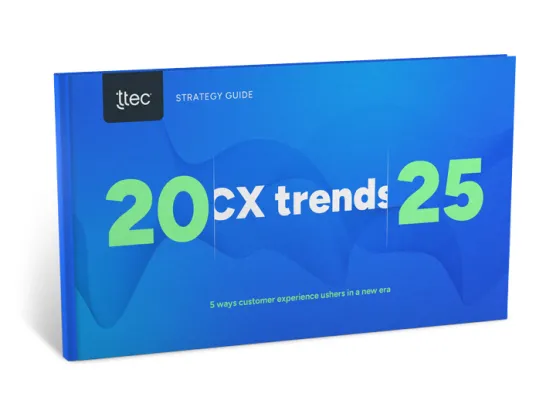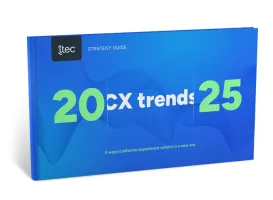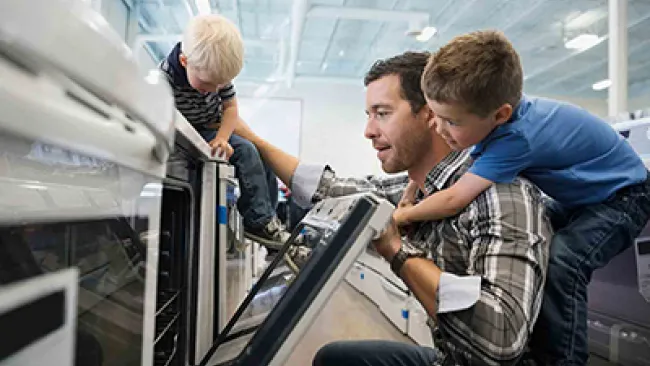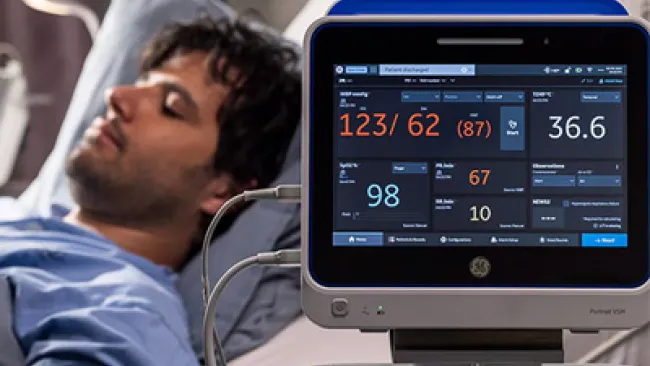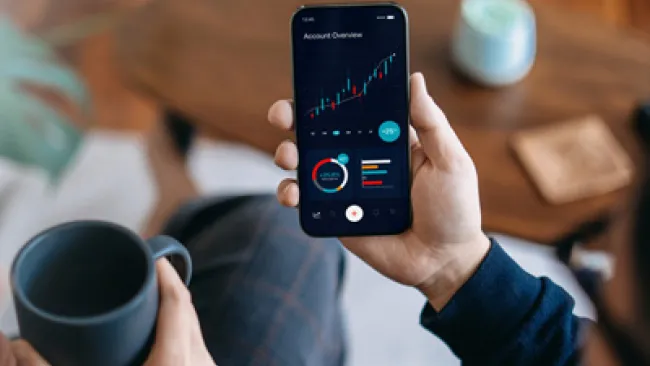Millennials are a force of nature in today’s marketplace. Supercharged with a sense of purpose, connectivity, and drive, they are bringing innovation and change into the workplace and consumer area. Therefore, it is imperative that the customer service space is in touch with them or risk becoming outdated.
So, I ask you, do you have the customer care culture aligned to meet the needs and expectations of the next power-house consumer generation? Do you have the right people with the right training, tools, knowledge, and mindset? Taking the right initiative isn’t just about conforming to a new generation but being a part of the trends and advancements that millennials are bringing to the table. Let’s dive in.
Drive meaning
Ranging from their early 20s to their late 30s it’s important to understand the values that drive millennials. This is an era whose lifestyle has been significantly impacted by the age of smart phones and social media, they demand instant gratification and results quicker than ever. But they are also adaptive, always on the move and passionate.
As Christine Comaford brilliantly evaluates in Forbes, millennials:
- Do not want a paycheque, they want purpose
- Desire conversations, not annual reviews
- Need coaches, not bosses
We are seeing a rapid change in the expectations of potential and existing talent, and your organisation must adapt or your customer care value proposition will fall behind the competition.
Meeting those values
Your future customer care team needs to understand where millennials are approaching you and how. We are seeing channel preferences steadily shift among our newest generation. Research has shown that millennials are utilising mobile apps and social media almost twice as much as Generation X with an incredibly low preference for voice interactions.
But this doesn’t spell the end for contact centres and customer care. Yes, millennials will try to self-serve themselves through social media and forums. But not every problem is that simple, and moments of stress and value still require a personal touch. Many challenging problems do not have defined solutions that can be drummed up by AI, and the many simple problems shouldn’t be wasting people’s time. The future of customer care for the millennial generation is a blended approach of automation and human service. Where the IVA simplifies, and the human associate engages.
With customers who we want to contact proactively, the automation should shift contact centre volumes from failure demand to value demand. This will require account relationship management where representatives focus on maximising a customer’s lifetime value. It’s about increasing the ease of interaction to drive more interaction. Automation, bots, and omnichannel solutions can make it easier for millennials to interact with a brand, while the human associations can pinpoint opportunities to deepen and expand relationships with customers.
I like to think of this as a hybrid workforce, where bots act a digital guide to work seamlessly with our human guides. In short, the digital simplifies and the humans engage. At TTEC our IVA is trained with the same material used for our live associates, and only after the IVA proves itself during interactions with live associates is it released for direct interaction with customers.
But if we want to fully evolve a blended customer care approach for the digital millennial generation, a highly skilled workforce is critical. Once your simple and repetitive functions are automated, the workload will reduce but the problems will become more complexed. These will require skills like complex problem solving, creativity and people management. This engaged and highly interactive workforce will be coming to play with higher expectations. Just like the values that millennials hold dear, the workforce needs an emphasis on values, mission and purpose alignment, with a focus on work/life balance.
Customer care evolves
Meeting the expectations and engaging millennials is crucial, because it not only meets the demands of a growing demographic, but because it gives your customer care insight on the innovation and mindset behind the digital revolution. As companies evolve and shape their values to better themselves, your customer care environment and workforce needs to grow up alongside this new generation.



